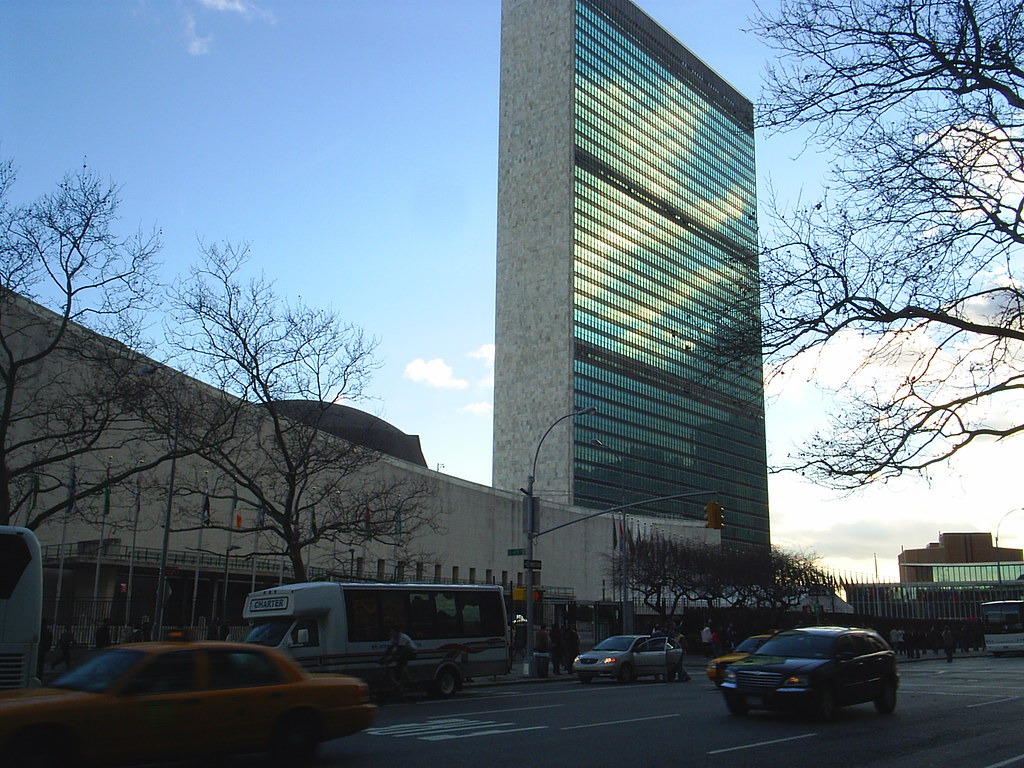
Although we all look upon the international stage every time the Olympics comes around, what we see is pretty far removed from reality. As Fox, CNN, MSNBC and NBC see it, Russia is in disgrace because of the recent publicity concerning controversial anti-gay legislation and its potential impact on the event. Not only that, but the United States is making a bold move by sending a delegation with openly gay members to the Olympics. Russia even spent more on the Olympics than ever before on shipping snow to an unseasonably warm Sochi. Hilarious! To make matters worse, there are claims that a huge portion of that money was embezzled in short order, and the heavy hand of Twitter forged a path for political activism with #sochiproblems. Vladimir Putin’s promise of strict security, the tightest ever, has fallen into complacency. In short, Russia is in for a rough year, and we can all bask in the magnanimity of our progressive society.
This fantasy is only hurting the cause of human rights by deluding citizens into believing they are contributing to international affairs by typing out short retorts to unconfirmed or overstated pictures of construction sites and subpar facilities. Western audiences can rest easy knowing that Russia’s influence in world affairs is tarnished by reporters and columnists, and for all of that Russia’s position in the international community is utterly unchanged.
Vladimir Putin, for all the flak he has received from countries whose favor he doesn’t want, is still indisputably in a strong position in the international community. As sad as it is, he is even in high standing concerning human rights right now. With the chain of events in the Syrian civil war which led to a peace deal headed by the Russian government, there is little concern by the Russian diplomatic delegation regarding the standing of their country. Worse still, the United States looked foolish in that conflict, unable to act or even cooperate on the matter of over 100,000 deaths.
Russia isn’t even a special case when it comes to the Olympics. When Beijing hosted them in 2008, the world applauded the incredible venue and coordination with which the Chinese government hosted our favorite sports. Instead of #sochiproblems, Western media was a torrent of compliments for Chinese ingenuity. Meanwhile, Tibetan human rights abuses continued, millions were displaced and corruption the Chinese government did not magically disappear. This is to say nothing of the vast environmental damage and extreme air pollution generated by this event. Essentially, the only people whose opinion of China changed were the people who don’t matter at all in international relations: us.
Without proper information on the conduct of governments on the international stage, how could we possibly expect to change it? We are not watching a political debate in Sochi; we are watching sports. Interest in international relations is nearly non-existent in the United States as a whole, and the average citizen’s exposure to it is limited to the Olympics. As a result, the media portrays the event in political terms to add additional interest to the Olympic Games.
Having said all this, the result is ultimately spectacular: Winning and losing athletes alike are glorified. The most obvious example is Derek Redmond, whose father ran on to the track to help him finish after receiving a crippling injury during the 1992 Barcelona Games. Meanwhile the populations of entire countries can and do gather behind national champions, as fans of Michael Phelps know. The Olympic Games provide something much more profound than strategic political advantage. The Games provide glory and excitement, and inspire widespread passion for competition. For all that, the misleading media and publicity created by the Olympics is the only cost.
Perhaps the Olympics will not stop Russia from changing its anti-gay legislation, and the Olympics will certainly not change China’s foreign or domestic policy. These issues will have to reach a point of dialogue, one way or another, and the sooner the better. Hopefully publicity will lead to leaders responding to the rare demand for foreign policy talks in a positive way. As it stands, the Olympics have something much better than political effect on the international community.
Julian del Prado is a Collegian columnist and can be reached at [email protected].


















Jim Brang • Feb 25, 2014 at 9:11 pm
You are putting out some interesting articles, Juli. Developing a great writing style. Keep up the great work!